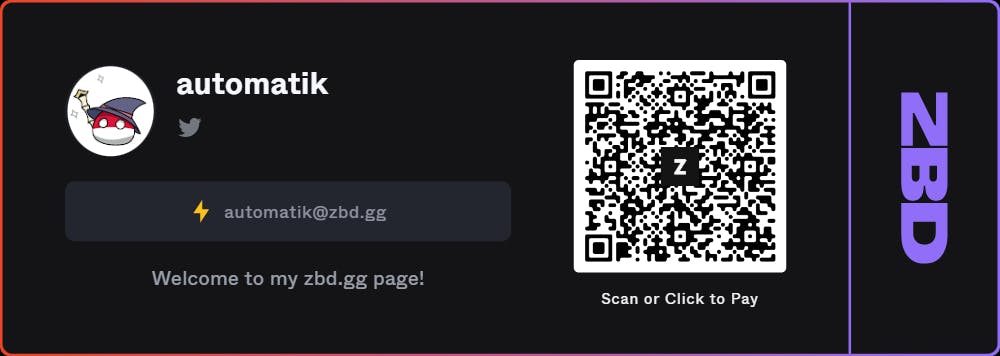Photo by Shubham Dhage on Unsplash
Banks do a lot of wrongs, but let us not forget the value they bring to the table. Blockchain technology will not replace banks completely. It can improve them and if they adopt it proactively they will thrive much more than the banks that get left behind in this race to Web 3.0. Blockchain solves the biggest issue with banks - trust. The public doesn’t trust them because they see the banks as hand in glove with the government at the cost of the little man, with hidden ledgers and secret meetings. Blockchain technology brings much-needed transparency to such financial affairs. Every country and financial institution works differently in terms of how currencies are created and how interest rates are set. Blockchain technology brings standardization to the system, paving the way for borderless and efficient global commerce. Anyone who has had to jump through senseless hoops just to do some shopping on a site from another country can attest that the system needs a big change.
Institutional Investing by big banks and clients with a lot of capital will change when there is no need to rely on a lot of middlemen to make the deals go through. Capital and ideas will get exchanged around the world at lightning speed.
One of the great advantages of Blockchain technology and the DeFi ecosystem is the modular nature of the various brands/apps/DApps/companies/Layer 2 Chains, etc. They can all be mixed and merged to form new systems in numerous permutations and combinations. Electricity moves through the path of least resistance, and in this age of digital money with the power of Web 3.0, capital will shift gears at a blink-and-you-miss pace and realign itself most efficiently.
 Photo by Expect Best from Pexels
Photo by Expect Best from Pexels
In open banking, third-party financial service providers are given access to data through APIs. This is how banks and NBFCs communicate with users’ financial data. DeFi also referred to as open finance, provides an entirely new type of system that is independent of the current infrastructure of banking.
The big benefits that Blockchain technology provides Banks:
- Security - no single point of failure, immunity from hack attacks, and being kept hostage by the systems of a single country or region.
- Transparency - everyone sees everything, and everyone sees the same numbers.
- Trust - mistrust is solved completely by not requiring any trust, everything automatically gets decided by rules set in advance.
- Programmable functionality - smart contracts allow for automation of business decisions.
- Privacy - where and when certain sensitive data needs to be kept secret and visible to only authorized people, the blockchain provides a more secure system than any other existing real-world method.
- Performance - already certain blockchains can perform more TPS (Transactions Per Second) than some of the leading financial processors like Visa and Mastercard.
- There is no closing time - neither does the closing bell of Wall Street or the office hours of a bank or bank holidays matter anymore. Everything runs 24x7 every day!
- IPOs have been simplified as ICOs and IEOs.
- Dematerialization of real assets like real estate, shares, stocks, art, commodities, bonds, currencies, etc. leads to a reduction in costs and lightning-fast transactions. Gold can be more effectively dematerialized using blockchain technology than any other prevalent solution.
- Banks will have to let go of the monopoly of lending. Crowdfunding combined with blockchain technology allows people to fund other people directly. Big banks who were dominating earlier, will now have to compete on a more level playing field with smaller banks.
- Global commerce through freight, millions of eCommerce sites, 1000s of banks, and countless companies all keeping records in their distinct systems, unable to coordinate with each other is a big waste of time, energy, and resources that will be solved by blockchain technology in the coming years.
- Escrow will be the order of the day. Smart contracts allow escrow to work with minimal human intervention at a fraction of the cost of the staff cost required by banks, lawyers, and other institutions that enforce contracts today.
- Banks face a lot of problems in getting KYC and AML guidelines done as required. Blockchain technology solves this problem to a great extent by bringing all this data and verification systems to an immutable global ledger.
If banks fully embrace and adopt blockchain technology instead of fearing it and fighting the inevitable, it will save many valuable years of development that could be delayed. Together with the power of the revolutionary idea of blockchain technology, human development and commerce can reach levels not hitherto imagined, lifting the billions out of poverty and allowing the rest to reach much higher standards of living.
Send love over Lightning! to automatik@zbd.gg


